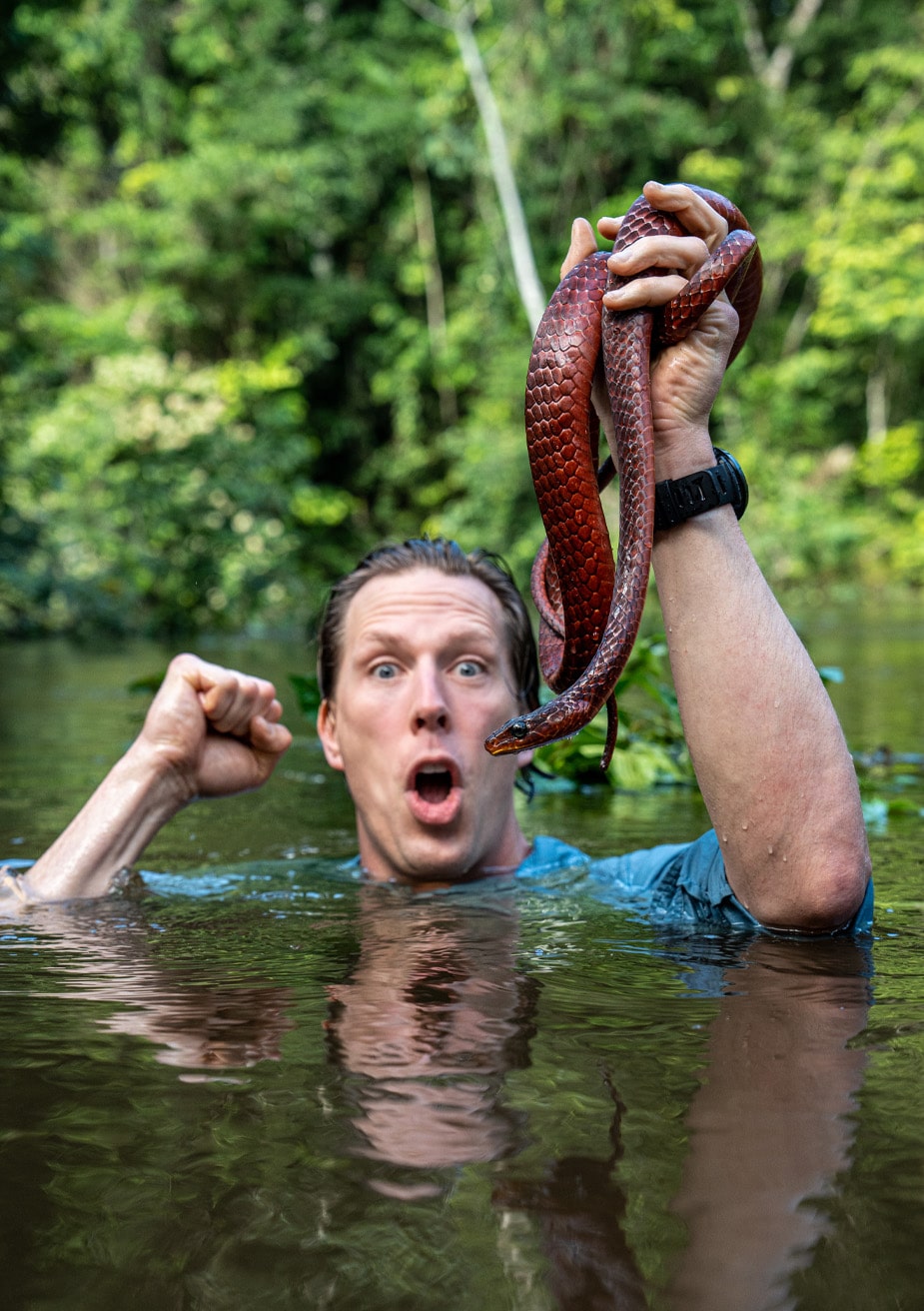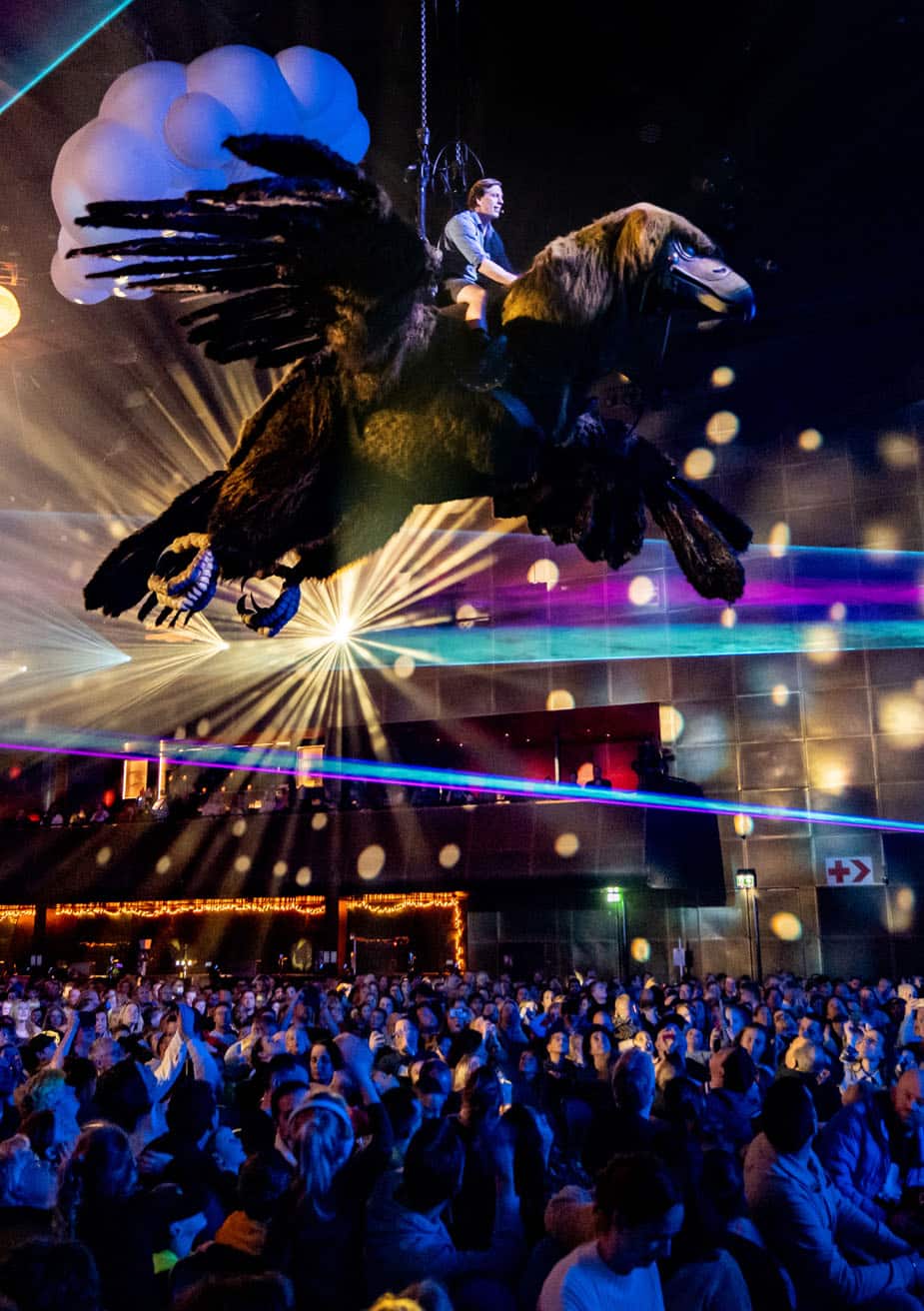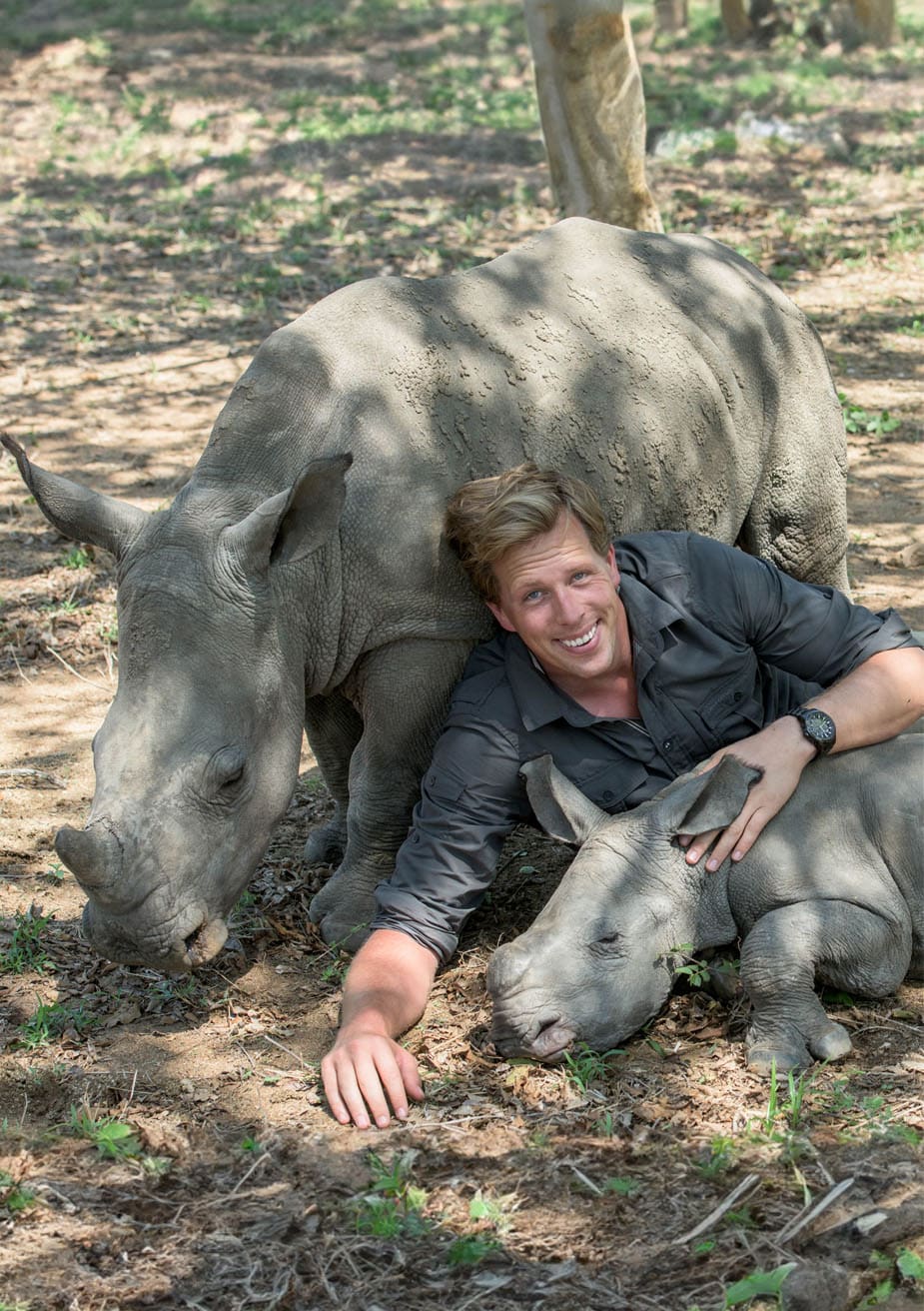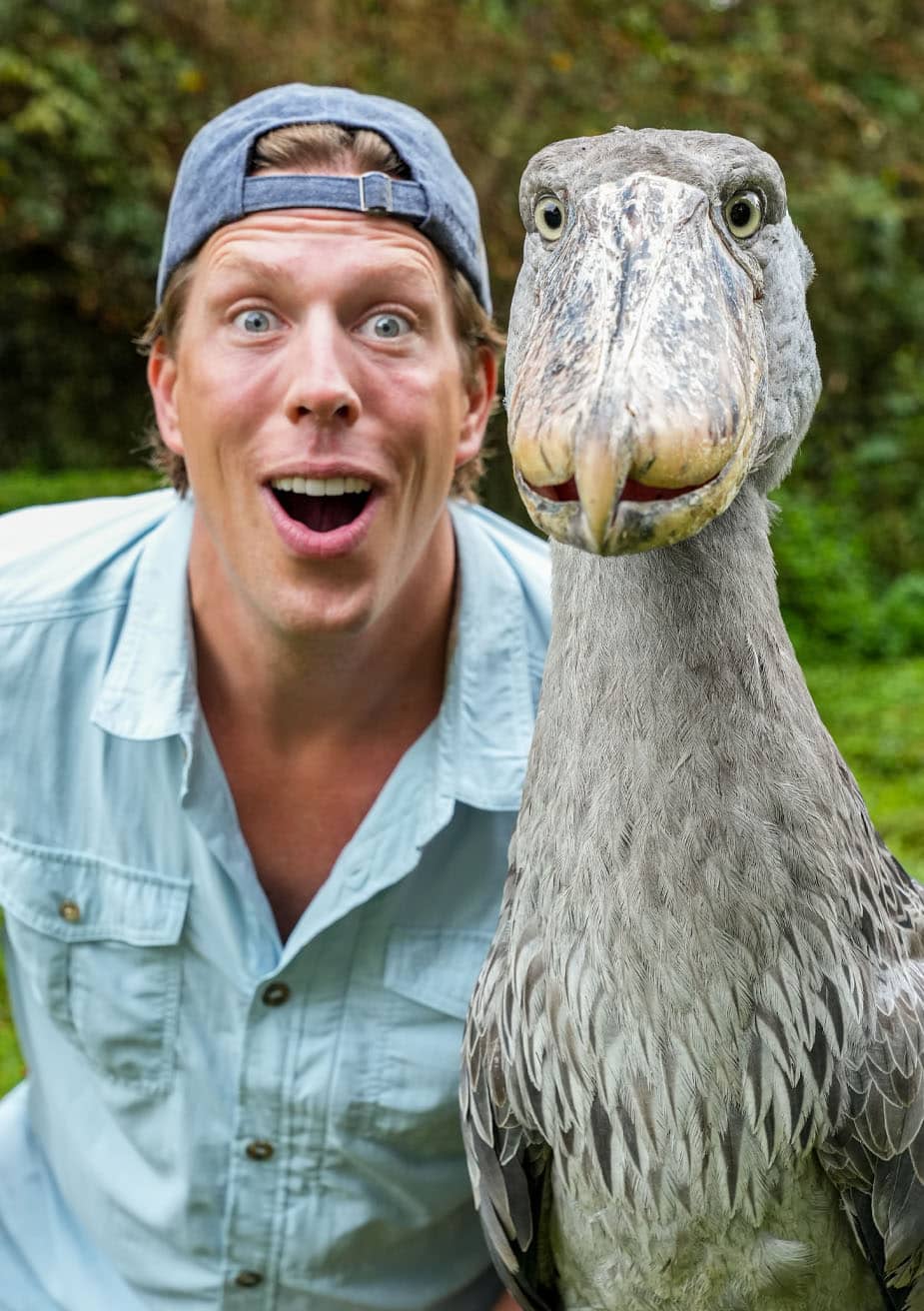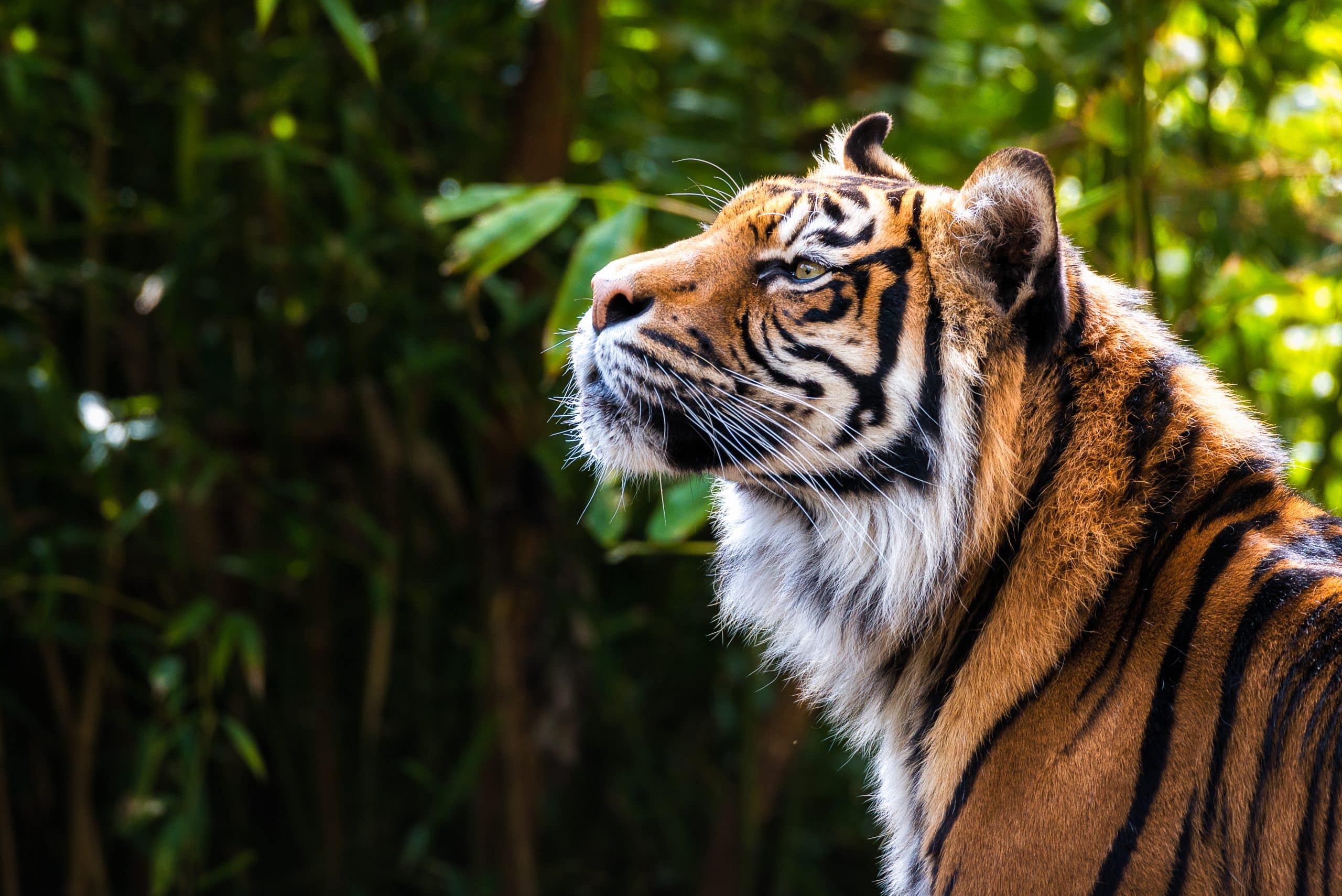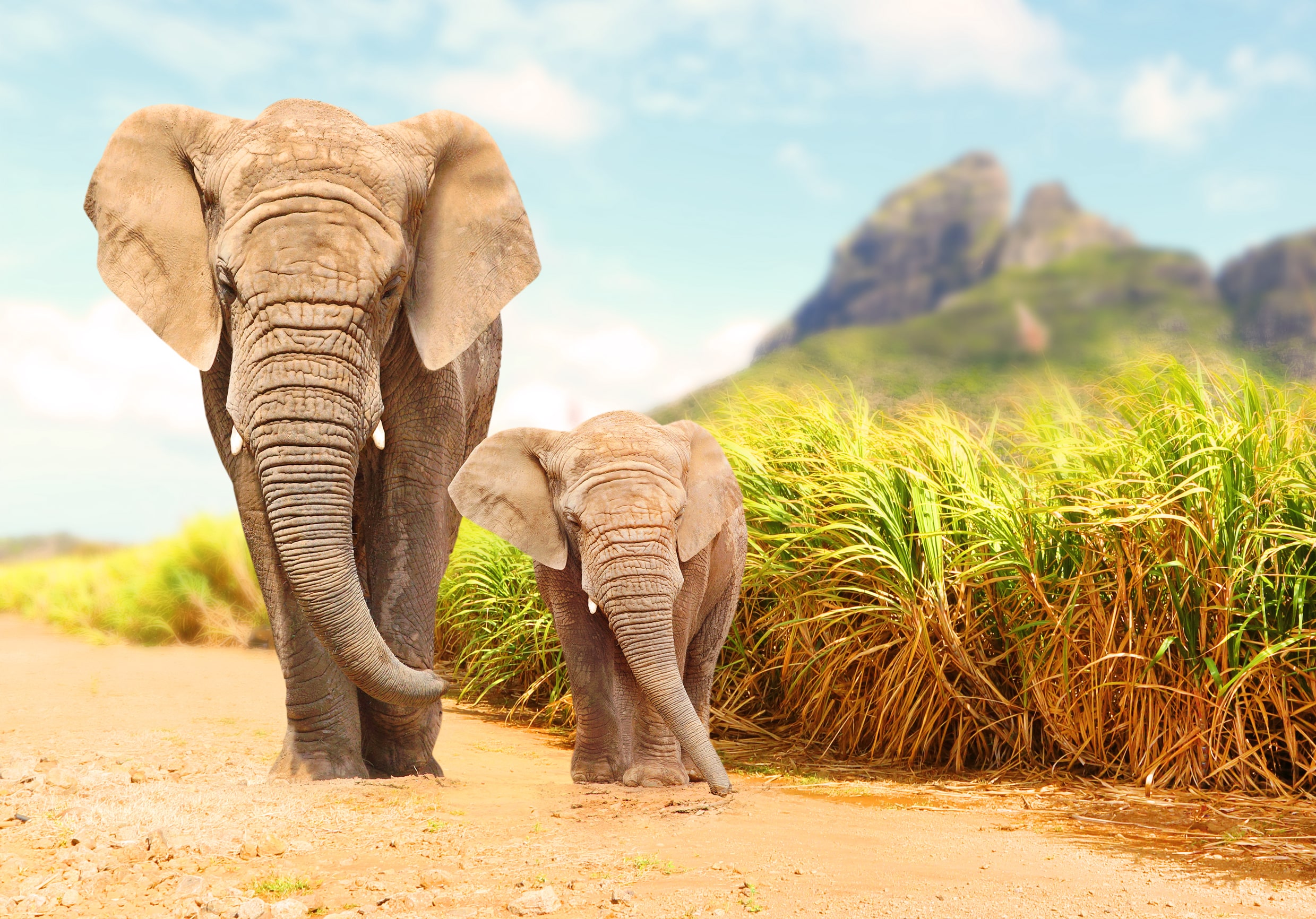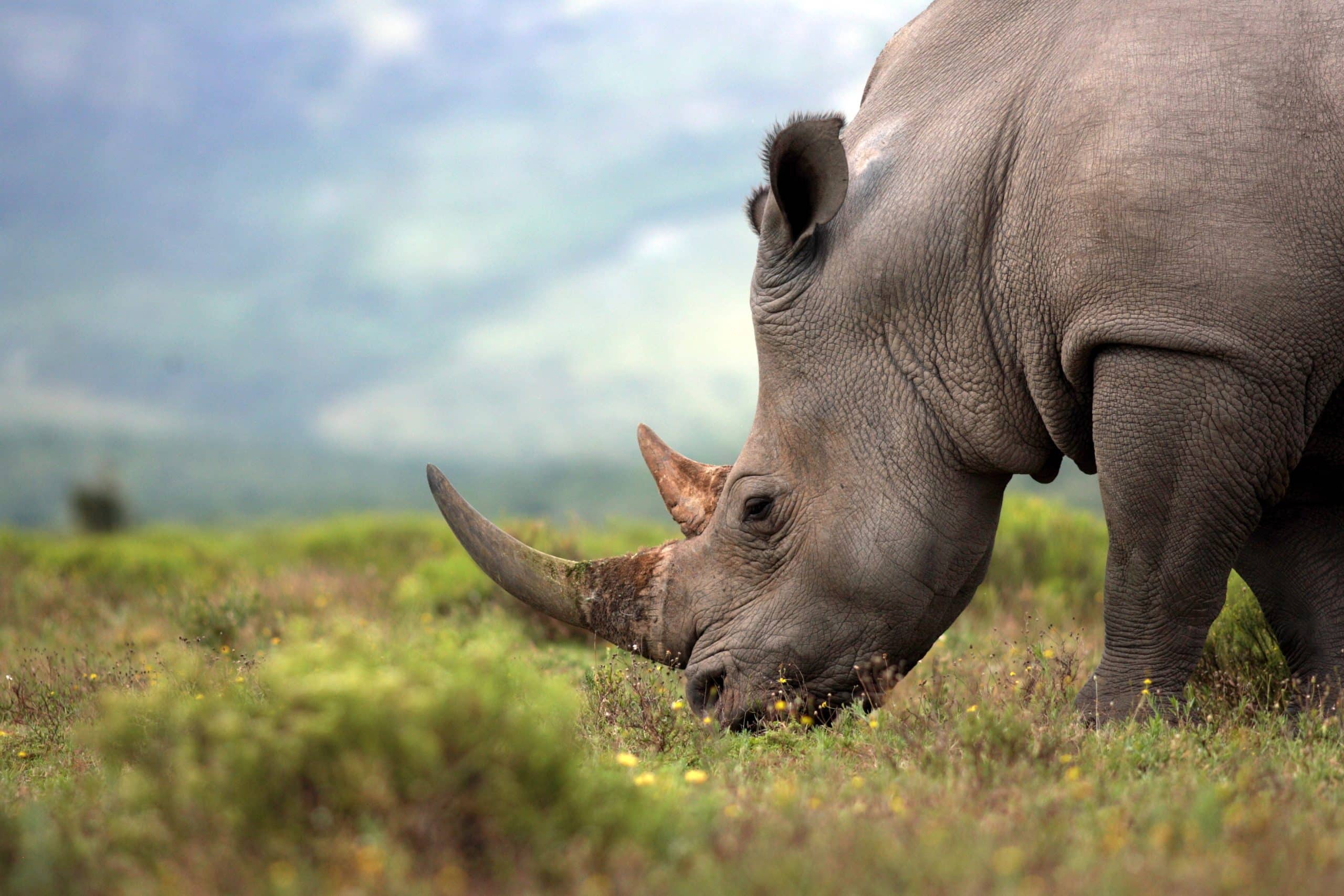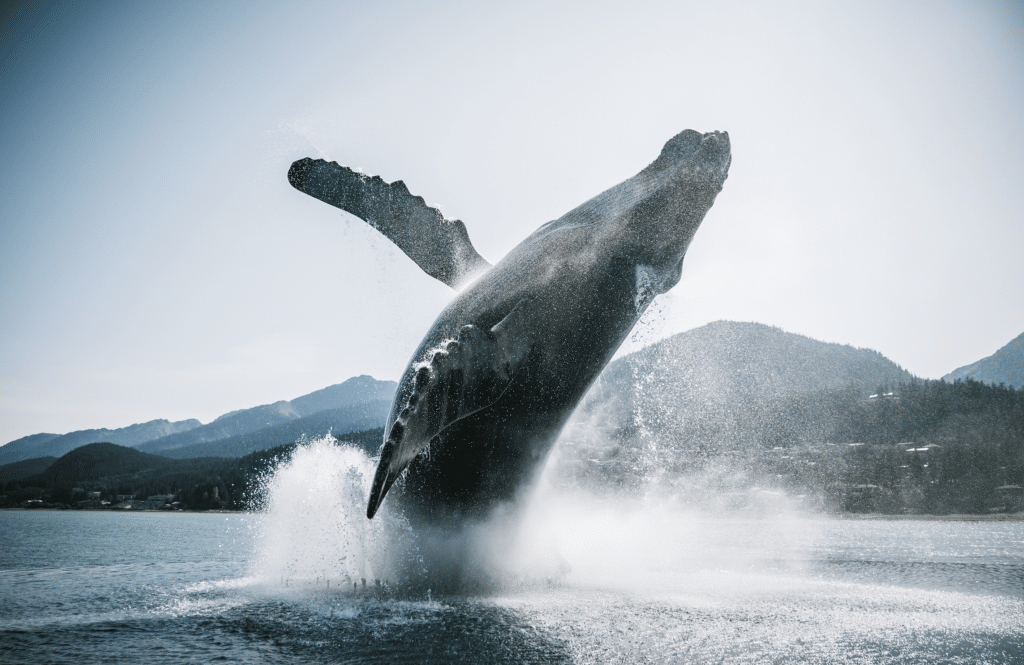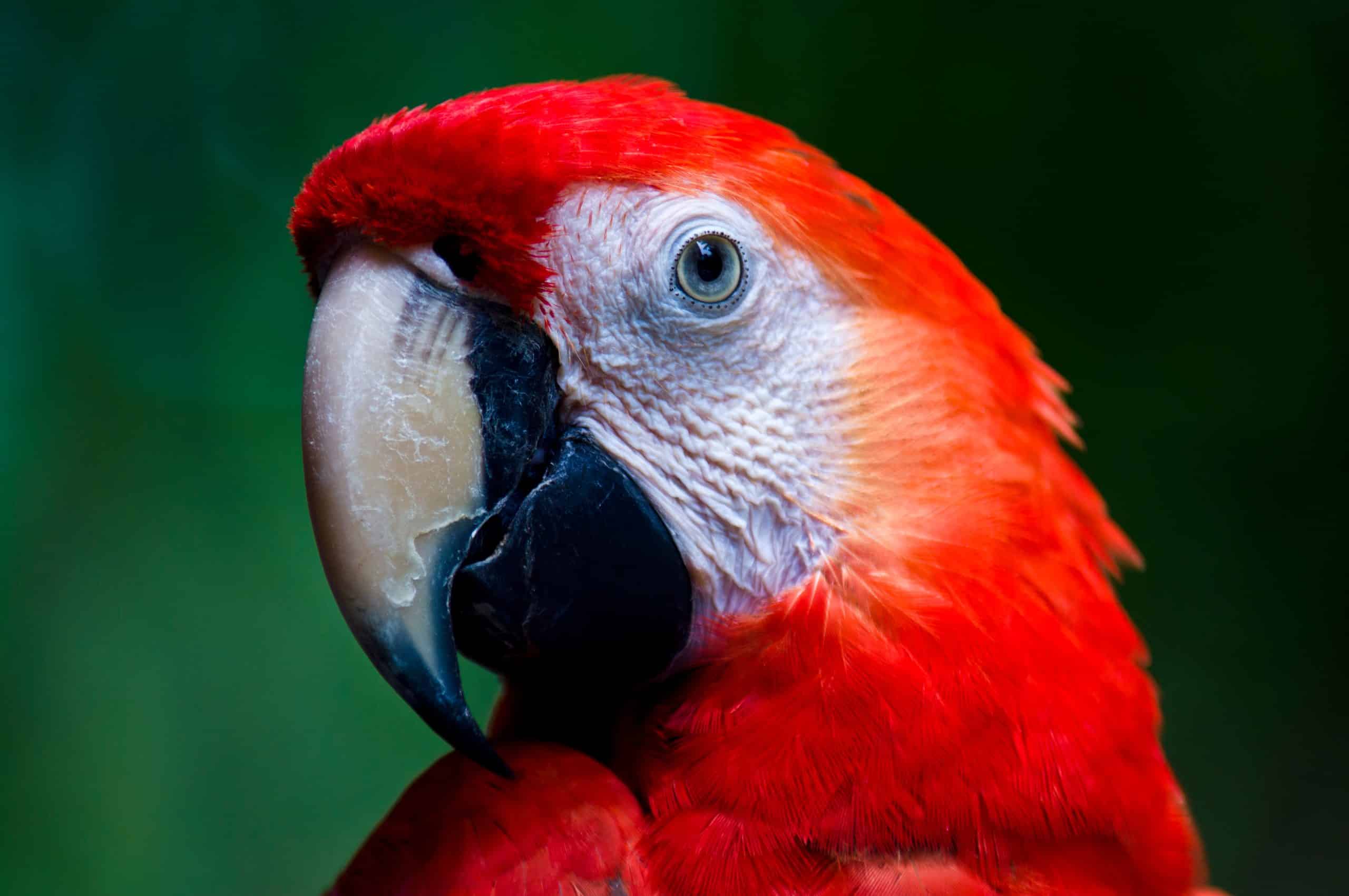Help!
No Wildlife Crime Foundation
At least three rhinos are poached every day. Because their horn is worth 65,000 euros per kilo. These beautiful animals are threatened with extinction. Just like elephants, pangolins, sharks, turtles and many more species. Per year, criminals earn 19 billion euros from the illegal trade of these products. 350 million animals are poached every year. Unacceptable. We must do something about it!
Help!
That's why I, Freek Vonk, set up the No Wildlife Crime Foundation (NWC). Animals can't stand up for themselves, but we can! Worldwide, there are many inspired people doing everything they can to protect endangered wildlife from poaching. Great! And the No Wildlife Crime Foundation is helping these organizations. Will you join me? Read on quickly and help fight wildlife crime!
Freek Vonk
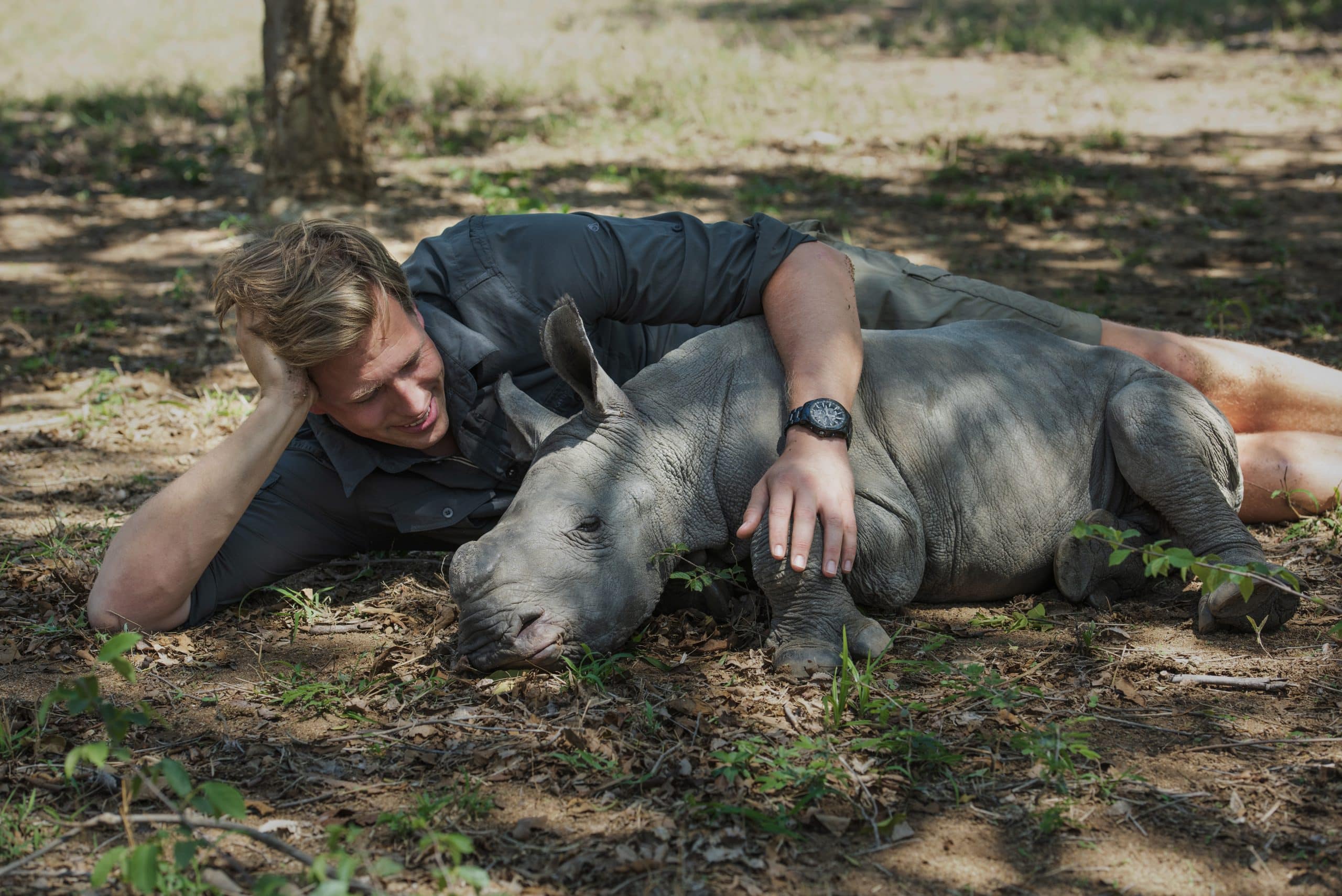
Every day, we are committed to stopping wildlife crime. And we can't do it without you guys! We are so incredibly grateful for all the fellow Wildlife Crime Fighters who help us in our mission. Wondering what we're doing and how you can help?
About No Wildlife Crime Foundation
Message from Freek
Unacceptable
As a biologist, great nature lover and television producer, I have the privilege of traveling a lot and coming face to face with all kinds of special, powerful, beautiful, impressive animals. At the same time, I am confronted with the enormous suffering we humans inflict on these animals. Because there are people who can earn much, much money from their fur, bones, tusks, hair, blood and meat. Unacceptable. That's why I set up this foundation. The ultimate goal is that these wildlife crime practices stop! With this foundation I want to contribute to this. Freek.
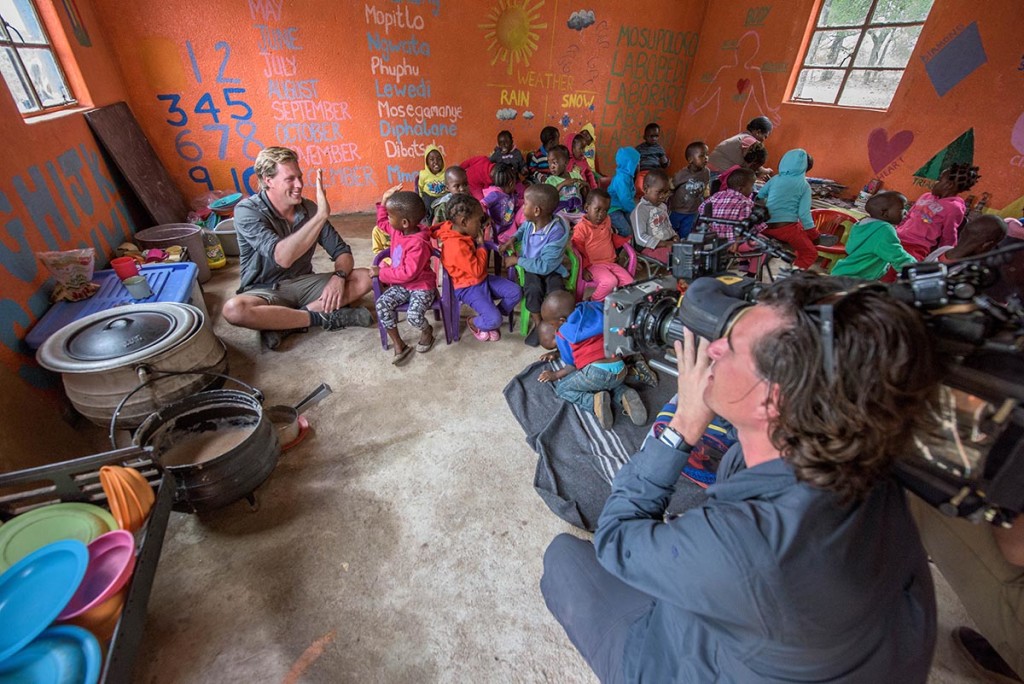
everyone needs to know
Our objectives
To stop wildlife crime, money is needed. To pay rangers' salaries, to make sure there are proper resources to protect animals and to track and arrest poachers: NWC provides financial support to projects that aim to stop wildlife crime: NWC is going to make sure that as many people as possible in the Netherlands know that wildlife crime exists. The more people know about it and the more people disapprove of it, the faster we can stop it together. In my programs, shows and in my columns I pay attention to the foundation and to the projects we fund. My team and I make sure you are and stay optimally informed about our activities. That way you not only know how you can support us, but also what your support brings about!
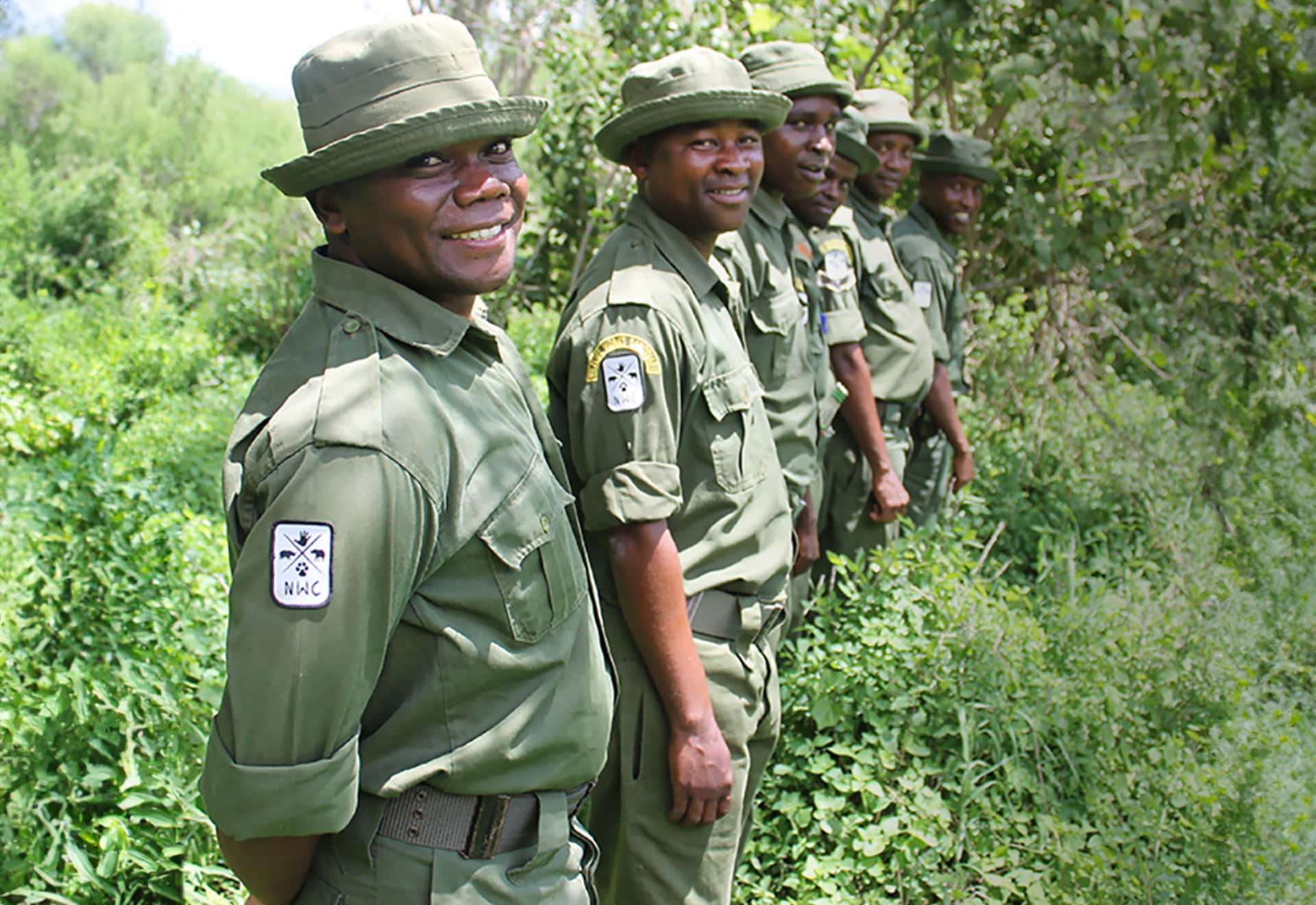
with heart and soul
how we work
On my travels I get to know many passionate people who dedicate themselves with heart and soul to endangered animals. By spending several days or sometimes weeks intensively with them, I see the ins and outs of the organization they work for. I see up close how they work, where their strengths lie, what their challenges are and also their points for improvement. For example, in the orphanage for rhinos in South Africa, I heard that there is often no money to provide the rangers with new technical resources. Suppose they had access to drones as well as the technical knowledge to deploy them properly: then their work would become a little easier and the chance of catching poachers much greater. With a donation from NWC, these rangers can do their job better. After my travels, I always take some time to let everything sink in. With the NWC team, I discuss what I have seen and heard about these organizations. Together we decide whether these organizations will receive financial support from our foundation.
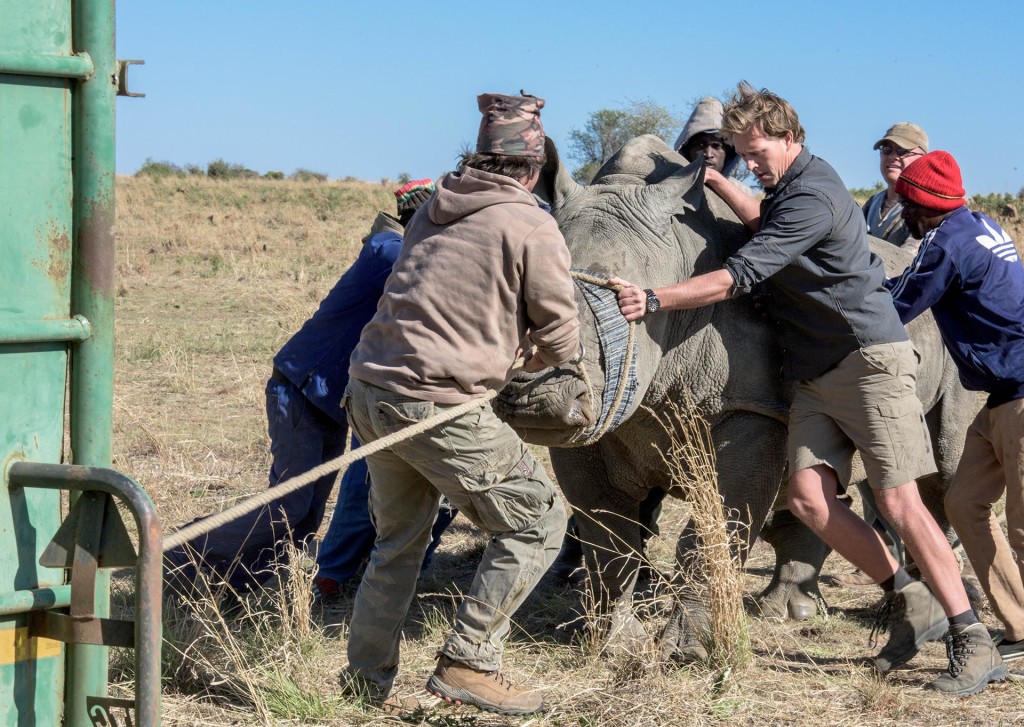
wildlife crime
What is wildlife crime?
illegal trade and exploitation of wild animals and their products.
Wild animals are increasingly being killed for their bones, ivory, scales, fins or other body parts. People make medicine from tiger bones or from rhino horn or figurines from elephant tusks. In restaurants, shark fin soup is on the menu or a dish of pangolin. Of course, these products and dishes have long been banned. But that doesn't stop criminals. In fact, millions of dollars go into the trade of these illegal products. That's wildlife crime.
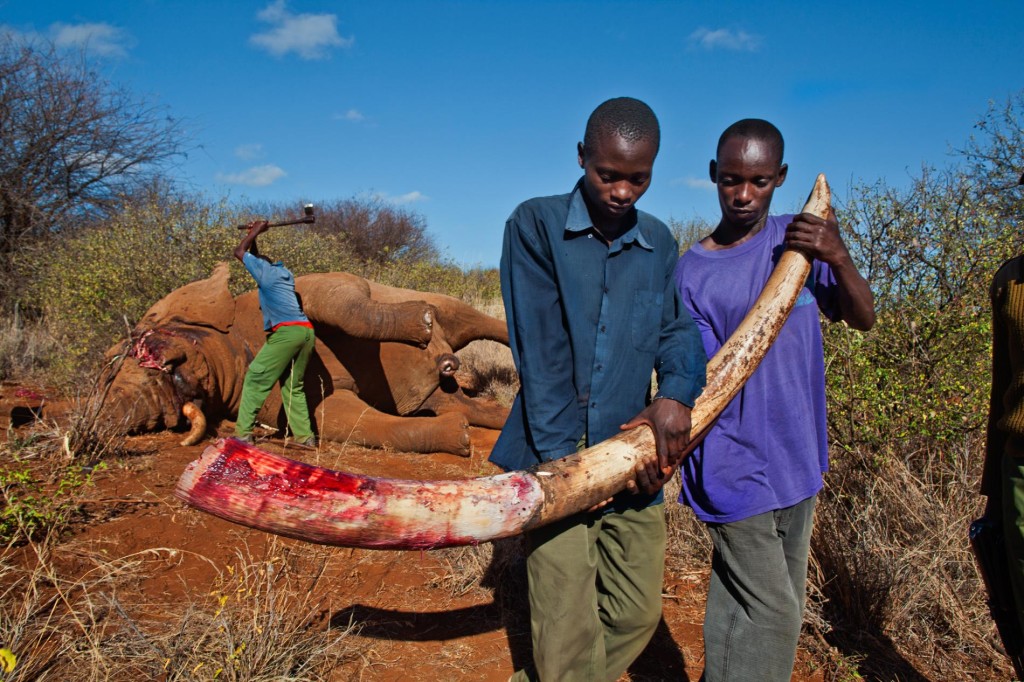
Our Projects
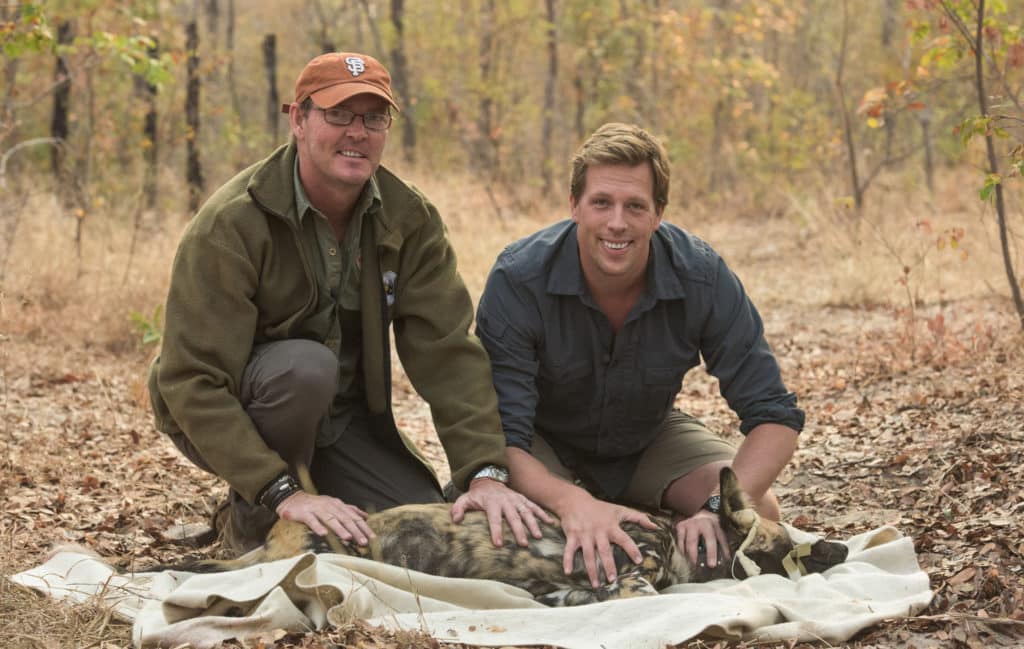
Zimbabwe, wild dogs
Painted Dog Conservation
Painted Dog Conservation

Cameroon, rescue, rehabilitation and release of pangolins
Tikki Hywood Foundation
Tikki Hywood Foundation

Indonesia, Super tracking dogs
Wildlife Watch Dogs
Wildlife Watch Dogs

Kenya, Elephants in need
Elephant Protection Trust
Elephant Protection Trust
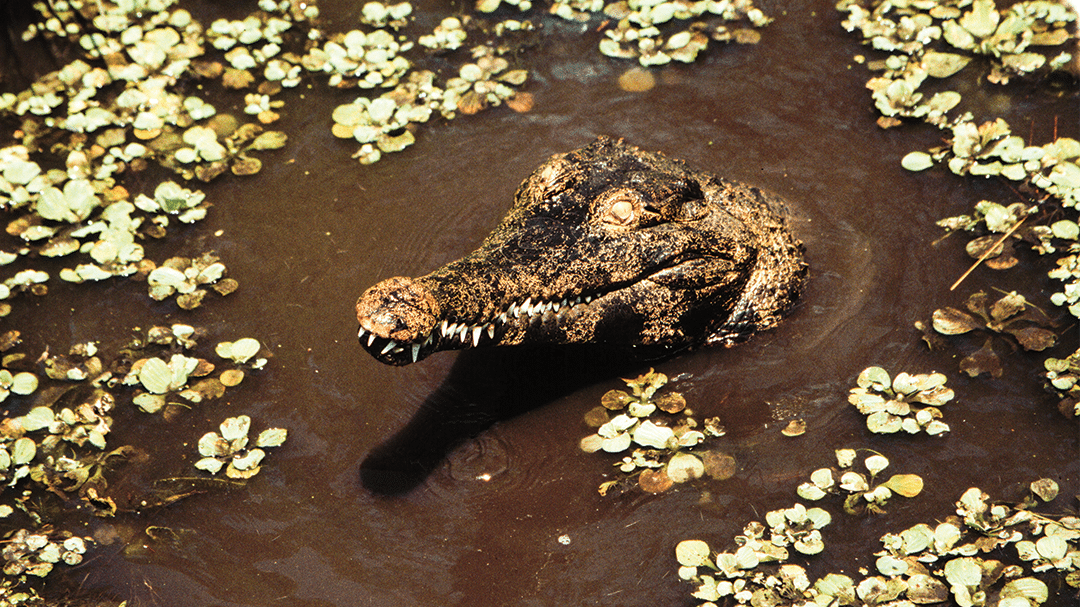
West Africa, Destructive fishing
Project Mecistops
Project Mecistops

Malaysia, Dodop, Cerah, Bintang and BJ
Bornean Sunbear Conservation
Bornean Sunbear Conservation

Malaysia, destructive fishing
Fish Bombing
Fish Bombing
Freek:
"A pinch of rhino horn powder or roasted scales from pangolins, because people think that will cure them faster. The animals have been killed by poachers and if this continues they will die out."
Endangered animals
Freek:
"After my travels, I always take some time to let everything sink in. With the NWC team, I discuss what I have seen and heard about these organizations. Together we decide whether these organizations will receive financial support from our foundation."
Team No Wildlife crime
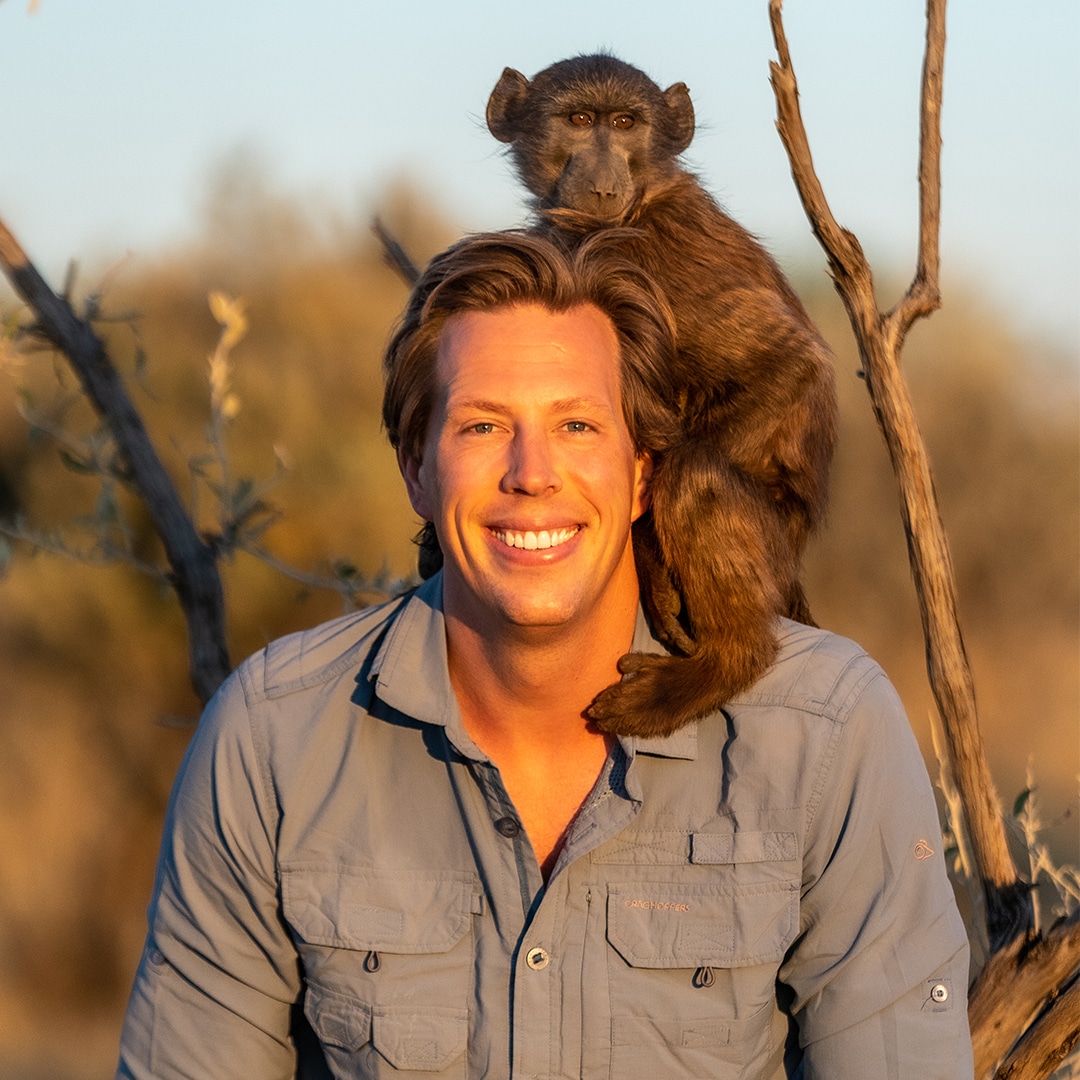
Prof. dr.
Freek Vonk
President

Chaimae
Abakthi
Secretary

Huub
van den Elzen
Treasurer

Daan
van Uhm
Advisory Board

Wietse
van der Werf
Advisory Board

